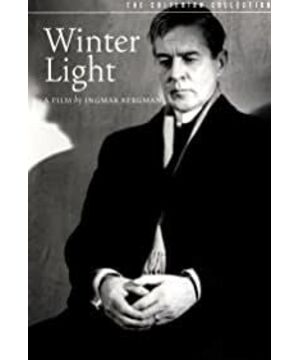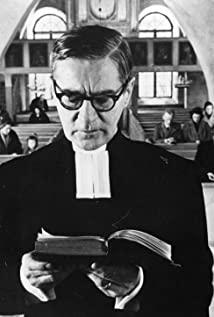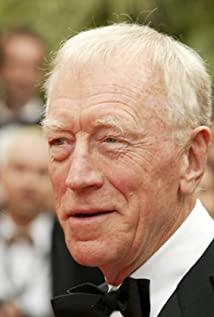the believers' beliefs. I: the original, perceived, real
self: my own mask, the person I want to be. In this metaphorical religious
film, I am talking about the id and the self. contest.
The id is laughing at the crumbling shell of the ego, the ego deceiving itself by defending itself.
Because once the ego is denied, it means that a long time of effort will be in vain, and what people fear most is nothingness, so in the last scene, the priest seems to be compromising on the ego. However, this is viewed through the eyes of unbelievers, and it is a superficial phenomenon. For a pastor, faith in God is more important than life. If God is false, life is meaningless. It is clear in the film that he has thoroughly doubted his beliefs, so it seems that he has betrayed his beliefs, which is to say, betrayed himself. Then why is he so sincere as a believer in the end?
Because he is afraid of the collapse of the belief that is more important than life. If the belief is gone, how can there be life? Therefore, the real purpose of his final choice of religion was to save his life. In this way, his balance has been tilted towards instinctive survival, whether he realizes it or not, it is the truth. That is to identify with the id, which is to deny God.
In fact, irony is used to deny religion!
Watching Bergman's own account, the final scene, inspired by his father, is very sincere. Let me guess that there is another possibility that moral supremacy has caused the protagonist's purgatory on earth. But this may not be as interesting as the first.
View more about Winter Light reviews











